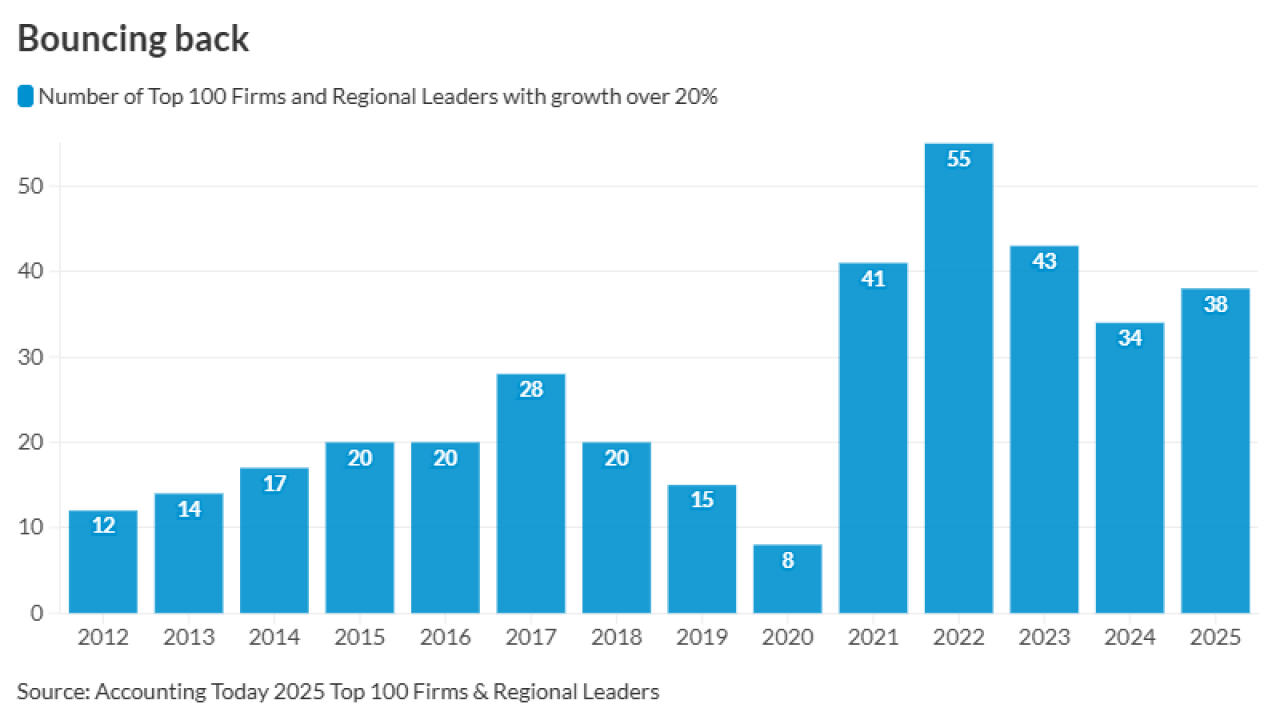The House Ways and Means Committee held a hearing Thursday to examine how tax reform will grow the economy and create jobs, even as the turmoil surrounding the Trump administration threatened the prospects for the first comprehensive tax overhaul in more than three decades.
House Ways and Means Committee chairman Kevin Brady, R-Texas, opened the hearing arguing for the need to lower tax rates. “Today’s high tax rates on American businesses drive good-paying jobs overseas and make it more difficult for our job creators and workers to succeed here at home. America’s burdensome international tax system destroys U.S. competitiveness and discourages investment in our communities,” he said in his opening statement. “Scores of loopholes give favored treatment to Washington special interests while millions of hardworking Americans haven’t seen a real pay raise in years. Here’s the good news—President Trump is leading the charge for bold tax reform that will unleash the growth of jobs and paychecks nationwide. And, he’s calling on the House and Senate to put forward our best ideas. Our committee is ready to answer the call.”
Rep. Richard Neal, D-Mass., the ranking Democrat on the committee, described his party's opposition to any tax cuts that merely benefit the wealthy. “The American people don’t believe that massive tax cuts for millionaires and billionaires grow the economy,” he said. “The American family knows that tax reform that provides middle-class tax relief and asks corporations and the wealthiest Americans to pay their fair share is what will grow our economy. Democrats will oppose any tax plan that helps the rich get richer and does nothing for those who really need help. And all of us should oppose any tax reform that results in the middle class carrying even more of the tax burden. The Trump tax plan currently fails to meet this standard and I hope the Administration will move back to the test set out by [Treasury] Secretary [Steven] Mnuchin for tax reform that, “'there will be no absolute tax cut for the upper class.'”

The committee heard from several corporate executives, including AT&T CFO and senior executive vice president John J. Stephens, who argued that tax reform would generate more economic growth and jobs. “That is why the biggest beneficiary of tax reform—and the growth it will stimulate—is the American worker,” he said. “An expanding economy increases demand for labor and pushes wages higher. Economists project that even a modest modernization of the tax code would raise American wages by 3.8 percent or more over 10 years. And it would grow GDP by 2.2 percent over 10 years.”
S&P Global president and CEO Douglas L. Peterson made a similar argument about how tax reform would grow jobs and the economy and contrasted the U.S. tax code to other industrialized countries. “The U.S. remains a 'tax outlier,'” he said. “Our tax system is antiquated, unfair, and hinders our ability to compete on a global scale. It is time for a change. The current system is stifling our economic growth. We are losing ground at a time when we should be leading. It is incumbent on us to seize this moment and enact substantial changes that will eliminate concerns for businesses about growing, investing and innovating in the U.S. I hope this Congress will seize this moment.”
Steven Rattner, chairman and CEO of Willett Advisors, argued the current tax code is out of date. “No one can doubt the need for comprehensive tax reform,” he said. “It has now been more than 30 years our revenue code was last thoroughly overhauled. Since that time, many loopholes and methods of achieving avoidance have crept into the system. And the policies and practices of our global competitors have also evolved, in many cases to our detriment.”
Zachary Mottl, chief alignment officer of Atlas Tool Works, a family owned manufacturing company in Illinois, spoke on behalf of the state's Technology and Manufacturing Association. He argued in favor of the controversial proposal for a border adjustment tax, which would favor gods produced in the U.S. over imports from abroad.
“Today, the most difficult barrier to growth American manufacturers face is our self‐inflicted tax code,” he said. “Much of it was written decades ago, and it fails to account for today’s internationally competitive environment. I realize this will be hard and contentious work. Manufacturers understand that there will be those who argue for simply reducing current tax rates. While a reduction in tax rates may be helpful in the short run, I believe our economy and our citizens need and deserve permanent, comprehensive tax reform that also improves America’s trade competitiveness. That is why the manufacturers I represent are so pleased that this committee has placed border adjustability at the center of its tax reform efforts so we can neutralize the border tax problems imposed on us by other countries and reclaim our competitive edge in international trade.”
David N. Farr, chairman and CEO of Emerson Electric Co., testified on behalf of the National Association of Manufacturers, where he chairs the board.
“Manufacturers like Emerson have been leading the charge for comprehensive tax reform for more than a decade,” he said. “While we’ve seen some positive changes, manufacturers and other businesses in the United States still struggle to compete against our international competitors under an outdated tax system that includes very high tax rates for both corporate and pass-through businesses, arcane rules for taxing international income and a significant compliance burden. Tax reform is a critical issue for my company—and all manufacturers—and I believe we have the best chance in more than 30 years to advance permanent pro-growth reform. It is imperative that we take full advantage of this opportunity to improve our global competitiveness and grow the economy and increase U.S. manufacturing jobs.”
At least one outside group was skeptical about the hearings, however. “Every witness on the panel advocated that the pizza shop in Iowa should pay a higher tax rate than General Electric or Google,” said Clark Gascoigne, deputy director of the Financial Accountability and Corporate Transparency (FACT) Coalition. “Instead of leveling the playing field, the executives called on Congress to create an even greater incentive to move additional jobs and money offshore in the future. Offshore tax avoidance is a problem that costs U.S. taxpayers an estimated $135 billion annually. Instead of expanding the incentive to shift profits and jobs offshore, Congress should ensure that wholly domestic and small businesses can compete more fairly with multinationals.”





